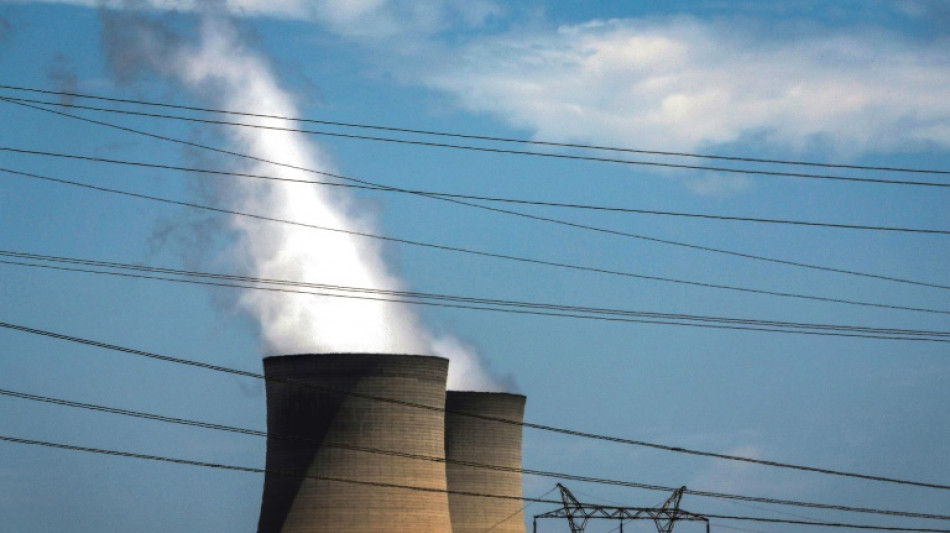
SCS
0.0200


Australia's reliance on coal-fired power stations has dropped to a record low, accounting for less than 50 percent of its electricity for the first time, the market operator said Thursday.
Overall electricity demand hit a record high in the final quarter of 2024 as temperatures rose and people shifted away from gas, the Australian Energy Market Operator said.
At the same time, roof-top solar output surged 18 percent and grid-scale solar climbed nine percent -- both reaching record levels, it said in an update on the National Electricity Market (NEM).
"The rise in rooftop solar output, coupled with record low coal-generation availability, resulted in coal-fired generation contributing less than 50 percent of the NEM's total generation for the first time," said Violette Mouchaileh, a senior official at the market operator.
Renewable energy sources supplied a record 46 percent of electricity in the quarter, she said, peaking at 75.6 percent on November 6.
That drove greenhouse gas emissions in the period to record lows, the market operator said.
Australia's government last week announced an extra US$1.2 billion in clean energy financing to speed a transition from coal and other fossil fuels to renewables.
The country -- one of the world's leading coal exporters -- has vowed to reach net zero carbon emissions by 2050.
- Climate wars -
But energy authorities say quick action is needed to fill the gap left by shuttered coal-fired power stations.
Wholesale electricity prices surged 83 percent during 2024, the report noted, mostly due to high demand, the decline of available coal-fired power, and transmission constraints.
"The data confirms what we know -- unreliable coal is having a negative impact on energy prices, more renewables in the system bring wholesale prices down, and new transmission infrastructure is critical to keeping prices lower," said Chris Bowen, the minister for climate change and energy.
"We are building an energy grid so everyone, everywhere has access to the cheapest form of energy at any given time," he said in a statement to Australian media.
Over the past decade, an ideological brawl dubbed the "climate wars" has dominated Australian politics, repeatedly undermining attempts to reduce carbon emissions.
In the run-up to general elections that must be held by May 17, Australia's conservative opposition Liberal Party has announced plans to launch nuclear power so as to rely less on solar and wind.
The national science agency CSIRO said in a report last month that nuclear power would be 50 percent more expensive than renewables and would take at least 15 years to build.
Australia sits on bulging deposits of coal, gas, metals and minerals, with mining and fossil fuels stoking decades of near-unbroken economic growth.
But it has also begun to suffer from more intense bushfires and increasingly severe droughts, which scientists have linked to climate change.
R.Lin--ThChM